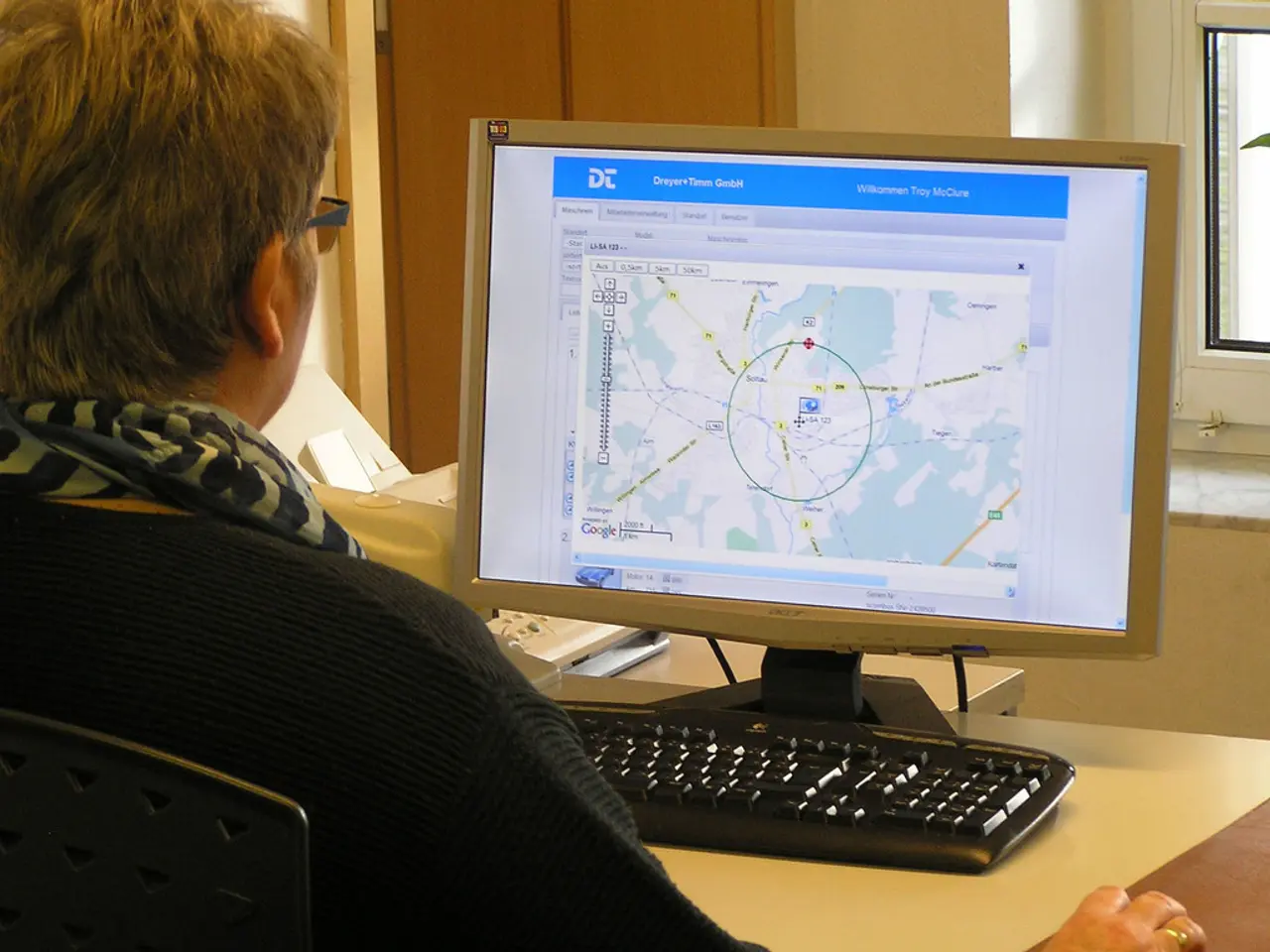Safeguarding Home Computers from Digital Assaults: Essential Steps to Follow
In the digital age, protecting your personal computer from cyber attacks is more important than ever. Hackers are now targeting private individuals, making it necessary to implement basic security measures to safeguard your valuable data. Here are ten simple, low-cost steps to effectively protect your computer without requiring advanced IT knowledge:
- Enable and configure your firewall: Most operating systems, including Windows, MacOS, and Linux, come with built-in firewalls that block unauthorized access. Make sure yours is turned on and properly set.
- Use antivirus and anti-malware software: Install reputable free or low-cost antivirus programs and keep them updated to defend against malware.
- Keep your software up to date: Regularly install security updates and patches for your operating system and all applications to fix vulnerabilities.
- Use strong, unique passwords: Create complex passwords with a mix of uppercase, lowercase, numbers, and symbols. Avoid reusing passwords across accounts and change them periodically. Consider using a password manager for secure storage and strong password generation.
- Enable two-factor authentication (2FA): Add an extra layer of security so that even if your password is stolen, an attacker cannot easily access your accounts.
- Use a standard (non-administrator) account for everyday use: This limits the damage malware can do if it infects your computer, by restricting access rights.
- Be cautious with emails and downloads: Avoid clicking on suspicious links or downloading attachments from unknown sources, which are common attack vectors.
- Backup your important data regularly: Store copies in a secure location, such as an external drive or cloud. This protects your data in case of ransomware or hardware failure.
- Consider using disk encryption: Tools like BitLocker (Windows) or FileVault (Mac) encrypt your data, so unauthorized users can’t read it without your password.
- Use a VPN on public Wi-Fi: A Virtual Private Network encrypts your internet traffic when on insecure networks, preventing eavesdropping.
By following these steps, you can significantly reduce your PC’s risk of cyber attacks by strengthening access control, reducing vulnerabilities, and protecting your data from common threats. Remember, protecting computers from cyber attacks is not complicated; the foundation includes up-to-date software, strong passwords, critically reviewing emails, and secure Wi-Fi.
- To further fortify your computer's security, invest in a robust cybersecurity solution that offers data-and-cloud-computing protection, as these solutions can help monitor and secure your personal data while surfing the web.
- In today's technology-driven world, it's essential to stay informed about the latest data-and-cloud-computing and cybersecurity advancements to maintain a strong defense against potential cyber threats.




